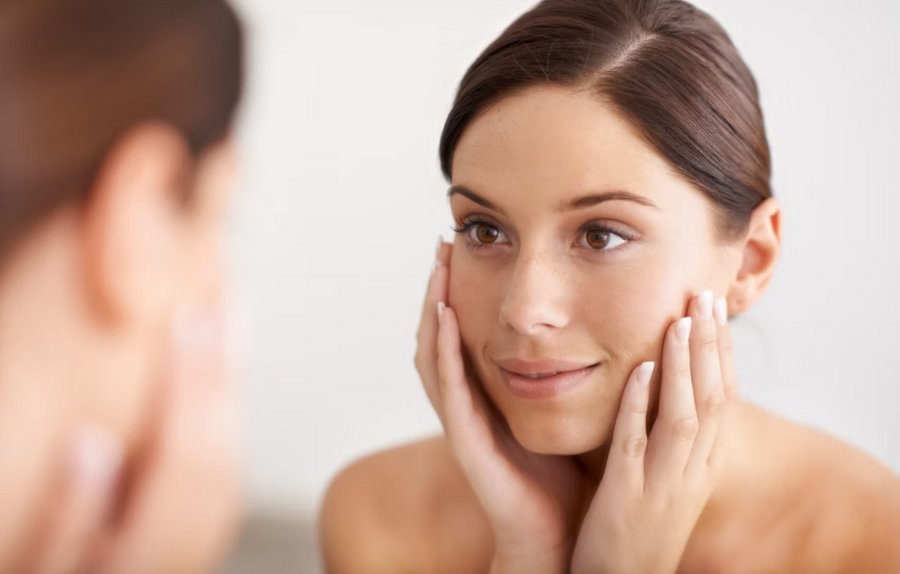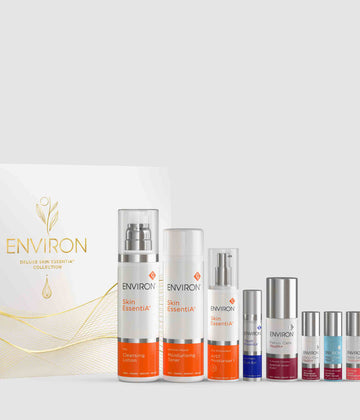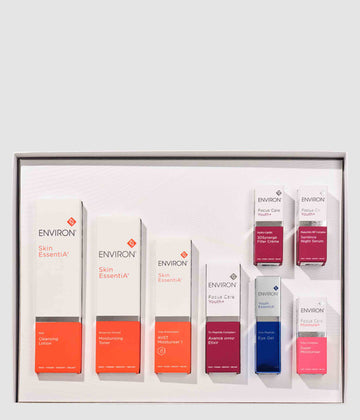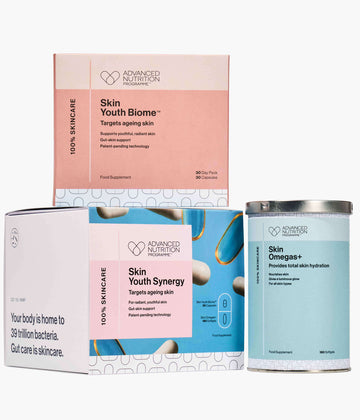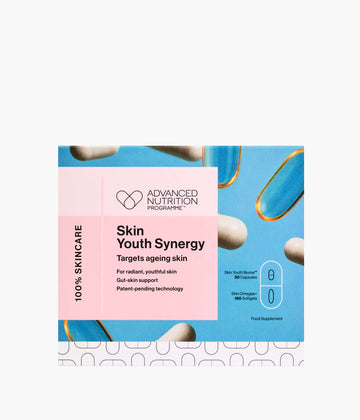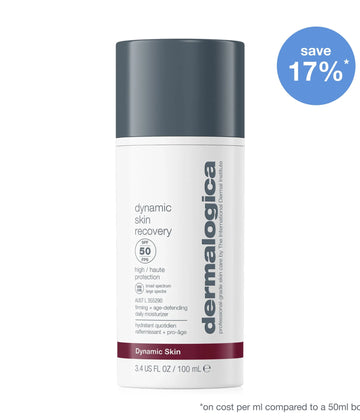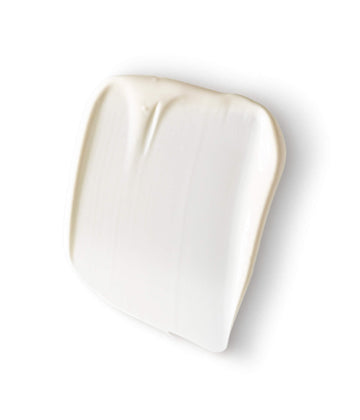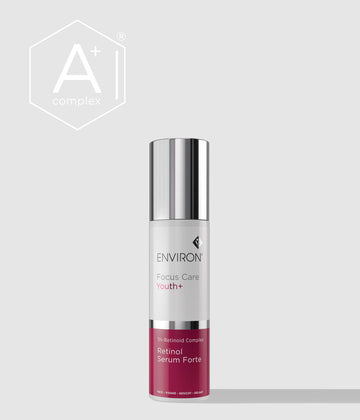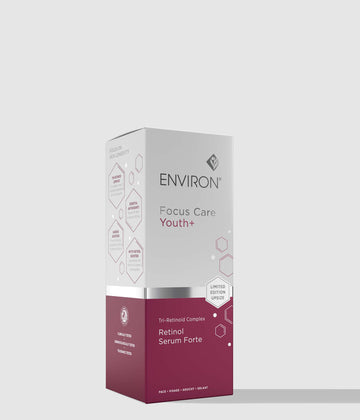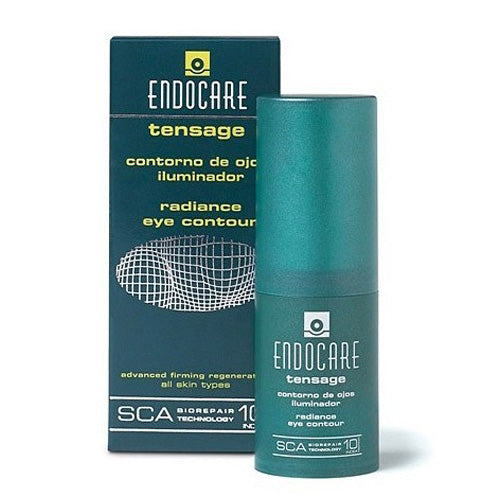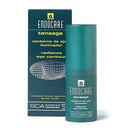Endocare
Endocare is a dermatologist-developed brand built on more than two decades of research into skin regeneration. At its heart is SCA® Biorepair Technology, a patented growth factor complex derived from snail secretion that stimulates fibroblast activity, collagen synthesis and tissue repair.
The Endocare range includes serums, creams and ampoules targeting photoageing, loss of firmness, and post-procedure recovery. Clinical studies show significant improvements in skin texture, elasticity and fine lines.
Recommended by dermatologists worldwide, Endocare combines biotech innovation with high tolerability, making it an ideal choice for ageing or compromised skin seeking visible renewal.


